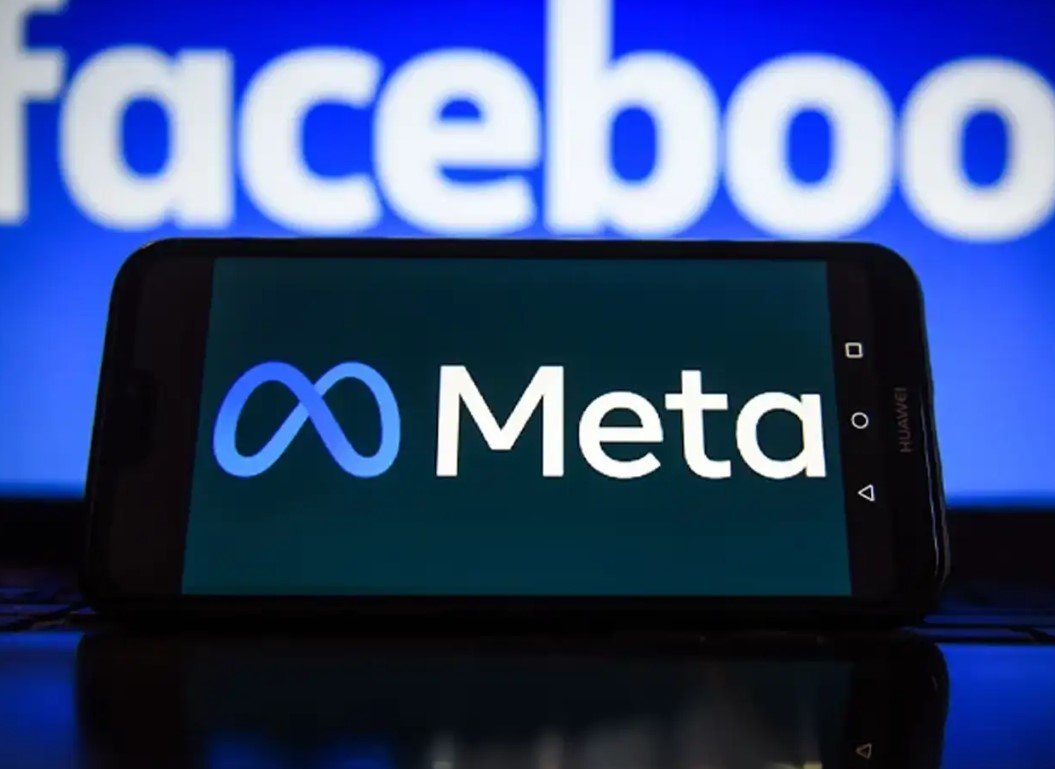In a significant legal showdown, major social media platforms Meta, Google, TikTok, and Snap are set to confront lawsuits filed by school districts across the United States. These lawsuits accuse the companies of creating “addictive” apps that contribute to a mental health crisis among students. The case, which has already seen mixed rulings, could have far-reaching implications for how social media companies operate and regulate their platforms, especially concerning younger users.
Legal Battles Intensify: A Split Ruling Sets the Stage
The legal landscape surrounding these lawsuits is becoming increasingly complex. US District Judge Yvonne Gonzalez Rogers in Oakland, California, recently ruled against dismissing negligence claims against the social media giants. This decision starkly contrasts with a previous ruling by a Los Angeles Superior Court judge, who favored the companies. As a result, Meta, Google, TikTok, and Snap now face potential liability in over 150 cases in Oakland, while still contesting more than 600 cases in Los Angeles.
- Negligence Claims: Judge Rogers denied the request to dismiss negligence claims, allowing many to proceed.
- Section 230 Implications: Some allegations are barred by Section 230 of the Communications Decency Act, which protects internet companies from certain types of lawsuits.
- Damages and Liability: The platforms could be liable for substantial damages if found guilty in the Oakland cases.
The differing decisions between jurisdictions highlight the uncertainty and evolving nature of legal standards applied to tech companies. As these cases move forward, the outcomes could set important precedents for future litigation involving social media and mental health.

Schools’ Allegations: Engineered for Addiction
The crux of the school districts’ lawsuits is the assertion that social media companies deliberately designed their platforms to be addictive. They argue that features like the “like” button and sophisticated algorithms are intended to keep users, particularly students, engaged for excessive periods. This, according to the plaintiffs, has led to a rise in mental health issues, forcing schools to allocate significant resources to address the fallout.
Alleged Harmful Practices:
- Algorithmic Manipulation: Using algorithms to maximize user engagement, often at the expense of mental well-being.
- Feature Design: Elements like notifications and infinite scroll that encourage prolonged use.
- Targeted Content: Personalizing content to keep users continuously interacting with the platform.
These practices are likened to tactics used by cigarette manufacturers to make their products addictive, a comparison that underscores the severity of the allegations. The plaintiffs believe that these strategies have created a digital environment that is harmful to students’ mental health and overall well-being.
Defense from the Giants: Denial and Mitigation Efforts
In response to the lawsuits, spokespersons from Meta, Google, TikTok, and Snap have vehemently denied any wrongdoing. They assert that their companies have implemented numerous measures to protect young users and mitigate potential harms associated with their platforms.
Companies’ Defense Strategies:
- Safety Initiatives: Enhanced safety features, parental controls, and educational programs aimed at promoting healthy usage.
- Research and Collaboration: Partnering with mental health organizations to study and address the impact of social media on youth.
- User Education: Providing resources and tools to help users manage their time and interactions on these platforms effectively.
Despite these defenses, the court’s current stance in Oakland suggests that the plaintiffs have a viable case, at least in some jurisdictions. The platforms remain firm in their stance that they prioritize user safety and well-being, even as they prepare to face legal challenges.
Potential Impacts: Broader Implications for Social Media
The outcome of these lawsuits could have profound effects on the operations of social media companies and their approach to user engagement, especially concerning minors.
Possible Consequences:
- Regulatory Changes: Stricter regulations and oversight on how social media platforms design and implement their features.
- Operational Adjustments: Companies may need to modify algorithms and user interface elements to reduce addictive tendencies.
- Financial Repercussions: Significant financial liabilities and the need to compensate affected school districts and students.
Moreover, these cases could inspire similar lawsuits nationwide, potentially leading to a domino effect that reshapes the social media landscape. The platforms might also face increased scrutiny from regulators and advocacy groups, pushing for more transparent and responsible practices.
Community and Educational Response: Addressing the Mental Health Crisis
The lawsuits have ignited a broader conversation about the role of social media in education and mental health. School districts argue that addressing the mental health crisis requires holding social media companies accountable for their role in shaping students’ digital experiences.
Educational Initiatives Proposed:
- Digital Literacy Programs: Teaching students about responsible social media use and the potential risks associated with excessive engagement.
- Mental Health Support: Increasing access to mental health resources and support systems within schools to help students cope with digital pressures.
- Collaborative Efforts: Encouraging partnerships between educational institutions and social media companies to create safer online environments.
These measures aim to empower students and educators to navigate the complexities of social media use while mitigating its negative impacts. The legal actions taken against Meta, Google, TikTok, and Snap are seen as a critical step towards broader systemic changes that prioritize student well-being.
















